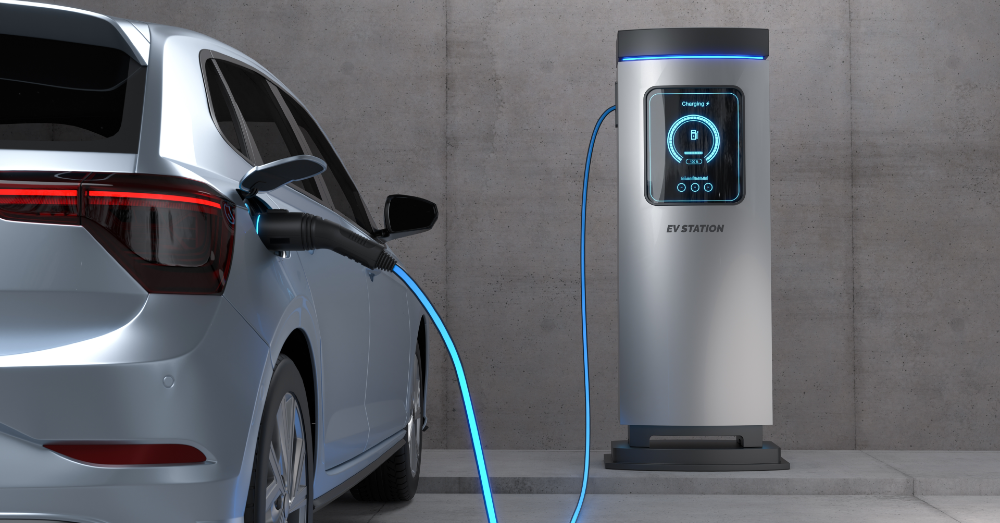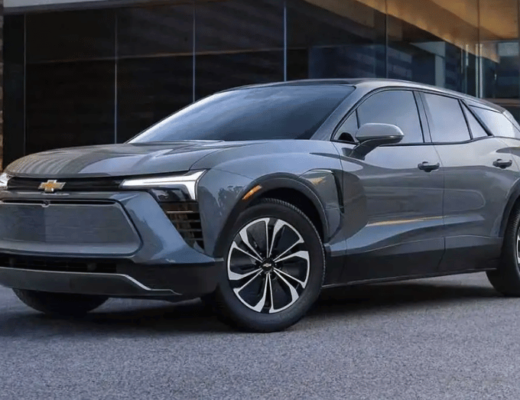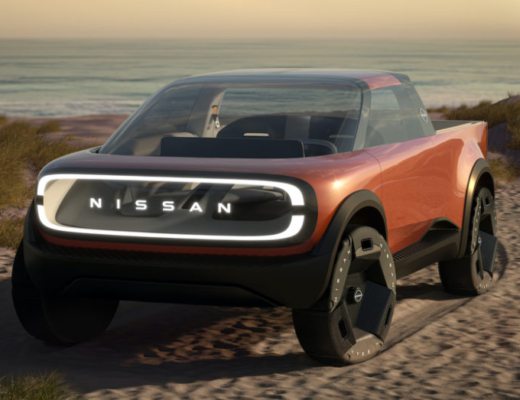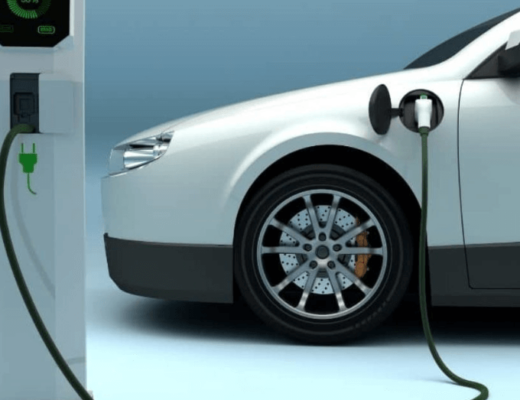One challenge that comes up more often than any other when it comes to public acceptance of electric vehicles is charging concerns.
Fast Chargers, Home Solutions, and Wireless Charging
The latest advances in EV charging technology could change all that. Some drivers don’t worry much about charging their electric vehicles. People who commute a short distance can typically charge up overnight at home, and an increasing number of offices are providing charging stations in work parking lots.
Not everyone falls into this category. Many drivers’ concerns about at-home and public charging infrastructure are quite reasonable. Thankfully, these recent innovations in charging technology could remove those barriers and drive more widespread adoption of electric vehicles.
Increased Access to Fast Chargers
Public charging stations are certainly a viable option for those who can’t always charge up at home. However, not all public chargers are created equal. Level 2 charging stations are much slower than Level 3 fast chargers.
Level 2 chargers are appropriate for some situations, such as restaurants, hotels, and workplaces. Level 3 chargers are becoming more common along highways and other places where drivers are more likely to need a way to get back on the road quickly.
Improved Home Charging Solutions
Not all EV drivers own homes. Although some landlords are willing to install Level 2 home charging stations if the tenants cover the costs, that’s not an ideal solution for most drivers. Two emerging trends stand to improve the situation.
First, semi-public charging stations are becoming increasingly commonplace in apartment complexes and other residential spaces. Second, homeowners are now renting their private charging stations out to other people with electric vehicles, increasing access to the technology.
Wireless EV Charging
Most people are familiar with wireless charging, also known as induction charging. Though it has historically been associated with charging cell phones and other small electronics, the same principles apply to electric vehicles.
Wireless EV charging transmits electrical current via induction from a magnetic coil in the charger to a paired coil on an EV’s underside. Though most wireless EV chargers are comparable to Level 2 charging, no technological limitation would prevent faster charging speeds.
The Rise of Smart Charging
Most of today’s public charging stations are pretty simple. Drivers plug in when their batteries start getting low and disconnect when they have a full charge. However, smart charging is becoming increasingly popular and can change how people think about EVs.
Smart chargers consider more than just the state of an EV battery’s charge. They use real-time data communication to manage and optimize charging at all times. This advanced solution optimizes charging to ensure efficiency, affordability, and reliability.
Owning an EV Is Easier Than Ever
The technologies described above are just a few ways innovative companies improve EV owners’ charging experiences. Infrastructural changes, artificial intelligence, and technological improvements will continue to make electric vehicles more appealing in the future.
There’s no need to wait for the next big thing in EV tech. Today’s EV manufacturers are already ahead of the game, and drivers willing to make the switch save money and reduce headaches today.
This post may contain affiliate links. Meaning a commission is given should you decide to make a purchase through these links, at no cost to you. All products shown are researched and tested to give an accurate review for you.




